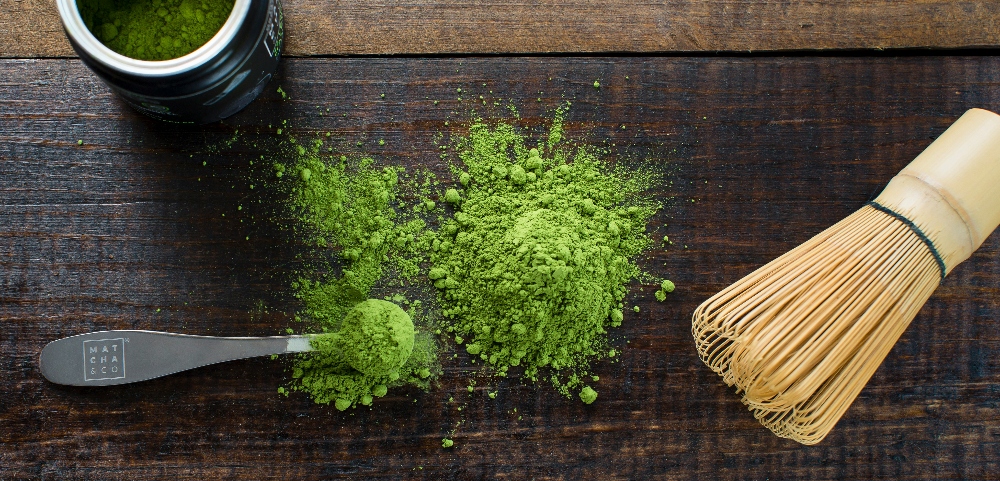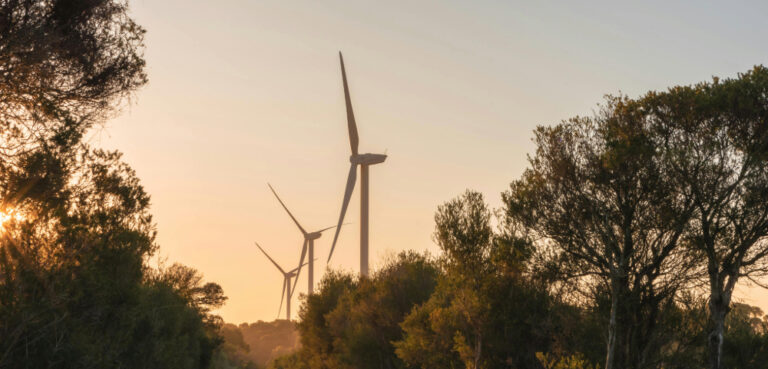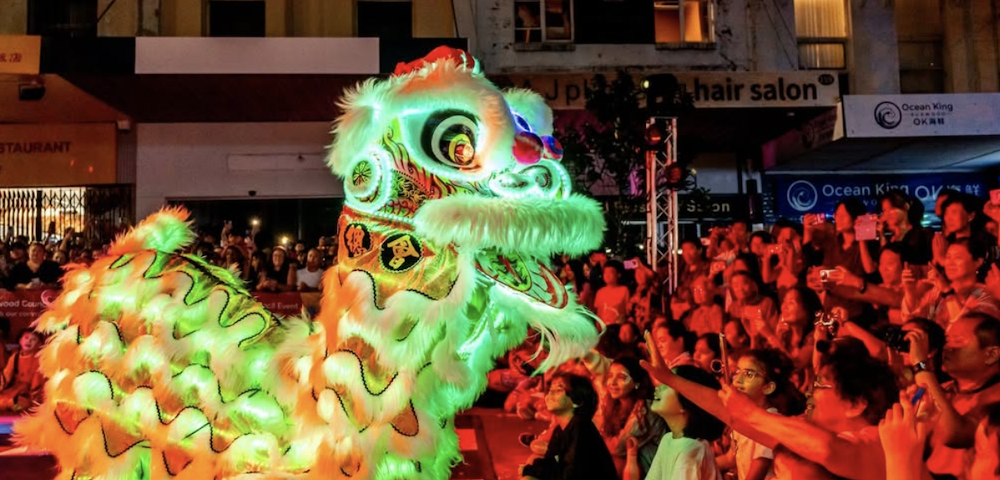
Sydney Cafes Likely to Introduce Matcha Restrictions Amid Global Supply Shortage

Sydney cafes are likely to introduce restrictions and limited stock availability of matcha, due to a global shortage of the green tea powder.
Although no official limits have been set yet, many café owners are preparing for the possibility as demand for matcha remains strong, but the shortage continues to strain supply chains all around the world and resources grow scarce.
Sydney cafés brace for limited stock due to global matcha shortage
Sydney cafés may soon introduce purchasing limits to ensure fair access to the popular ingredient, which is used in everything from lattes to desserts. While these restrictions are expected to be temporary, matcha enthusiasts are already feeling the impact, with the shortage showing little sign of easing soon.
The matcha shortage has begun affecting Australian retailers and cafés, including Surry Hills tea shop Simply Native. This week, the shop announced new limits on online matcha purchases, restricting customers to one item per brand and capping purchases of sold-by-weight tea powders to 200g per person.
“If you order more than your limit, we will refund the excess purchase and you will only receive the amount you are allowed. This policy ensures that every customer has the opportunity to enjoy these premium products,” Simply Native wrote on their website.
According to a report by Allied Market Research, the global matcha tea market was valued at $2.45 billion in 2019 and is projected to reach $4.48 billion by 2027, reflecting a Compound Annual Growth Rate (CAGR) of 7.1%.
This growth highlights a steady increase in demand for matcha, with the market anticipated to expand significantly over the next several years.
Sam Thorne, CEO of Japan House told The Guardian that the growing popularity of matcha was not confined to the West.
“The matcha latte is a much younger tradition and is incredibly popular in Japan today. While some prefer to reserve matcha powder exclusively for tea ceremonies, others are happy to enjoy its flavour in ice-cream or confectionery,” Thorne said.
Sydney matcha lovers are advised to be on the lookout for potential shortages, as global supply disruptions could affect availability at local cafés and retailers.
The growing matcha shortage
As global demand for matcha continues to surge, many tea farms, some of which have been family-owned for generations, are struggling to meet production needs.
The cultivation and processing of high-quality matcha is a labour-intensive task that requires precise techniques. The growing demand, coupled with climate challenges and supply chain disruptions, has put significant pressure on matcha producers.
In response to the ongoing shortage, Ippodo Tea, one of Japan’s oldest and most respected tea producers, has announced the temporary suspension of several matcha products.
The company, which has been in operation for nearly 300 years, has also introduced a purchasing limit, restricting the number of matcha items customers can buy.
The company cited production challenges amid the growing gap between supply and demand.
“Production has been unable to keep pace with the recent surge in demand for matcha, leading to a shortage of supply. As a result, we regret to inform you that we will temporarily suspend the sales of certain products until the beginning of 2025 (subject to change). We sincerely apologise for the inconvenience this causes our valued customers,” Ippodo Tea said in a statement.
Other established Japanese tea producers, including Marukyu Koyamaen and Marukyu Koyamaen, have also reported selling out of ceremonial-grade matcha for the first time in their history.
The ongoing shortage, compounded by disruptions in global supply chains, has raised concerns about the future availability of matcha.
What is Matcha?
Matcha is a powdered green tea that has become a popular choice in both health circles and modern café cuisine. Unlike regular green tea, where the leaves are steeped and discarded, matcha involves consuming the whole tea leaf in powdered form, offering a more concentrated, flavourful experience.
Known for its smooth caffeine boost and vibrant green color, matcha is often considered the most aromatic form of green tea. Packed with antioxidants, it is believed to offer a range of health benefits, including improved skin health, enhanced immune function, and a reduced risk of chronic diseases like heart disease and cancer.
Matcha has become a staple in modern café cuisine, rapidly gaining global popularity thanks in large part to its endorsement by social media influencers.
The trend has been propelled by health-conscious consumers drawn to its benefits, as well as the visually striking nature of matcha, which has made it a favorite in food photography.
From matcha lattes and smoothies to baked goods and desserts, it is now a go-to ingredient in cafés and kitchens worldwide, fuelling a wave of food trends across Instagram and TikTok.









